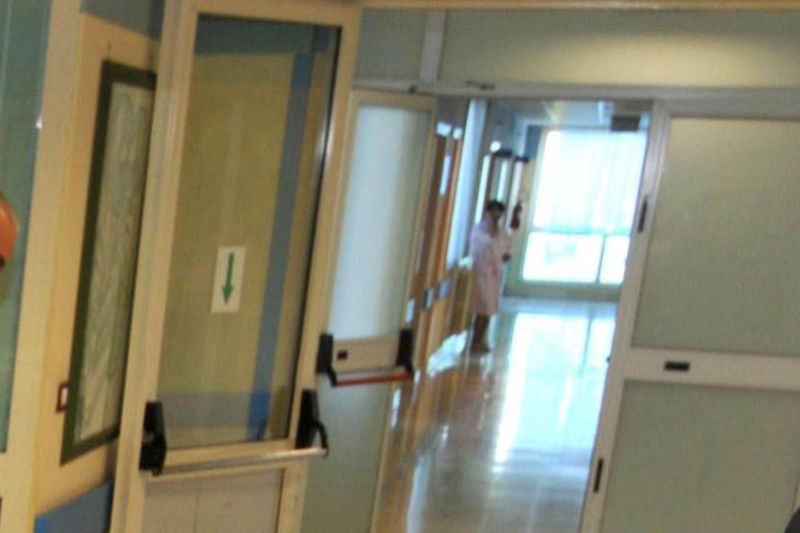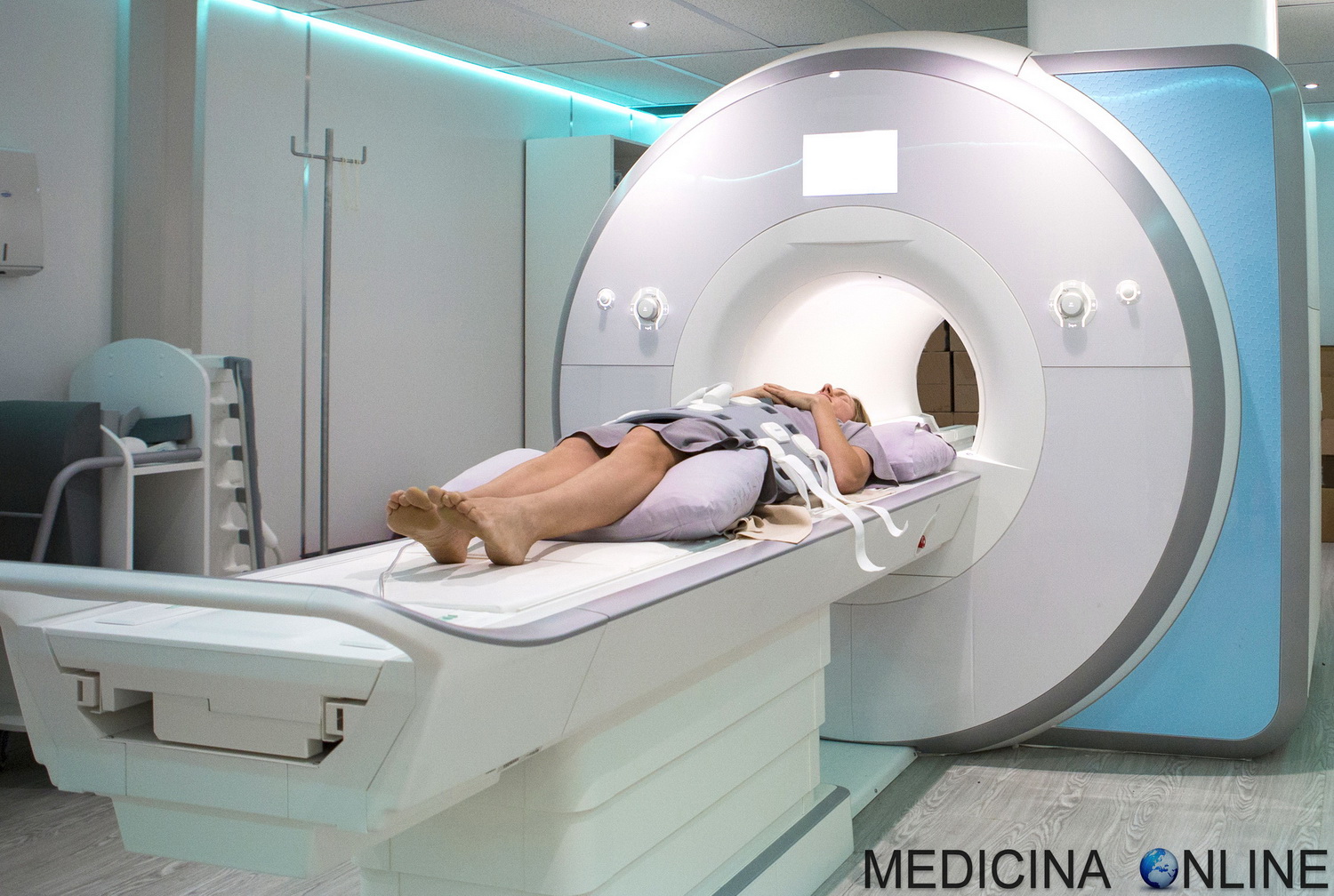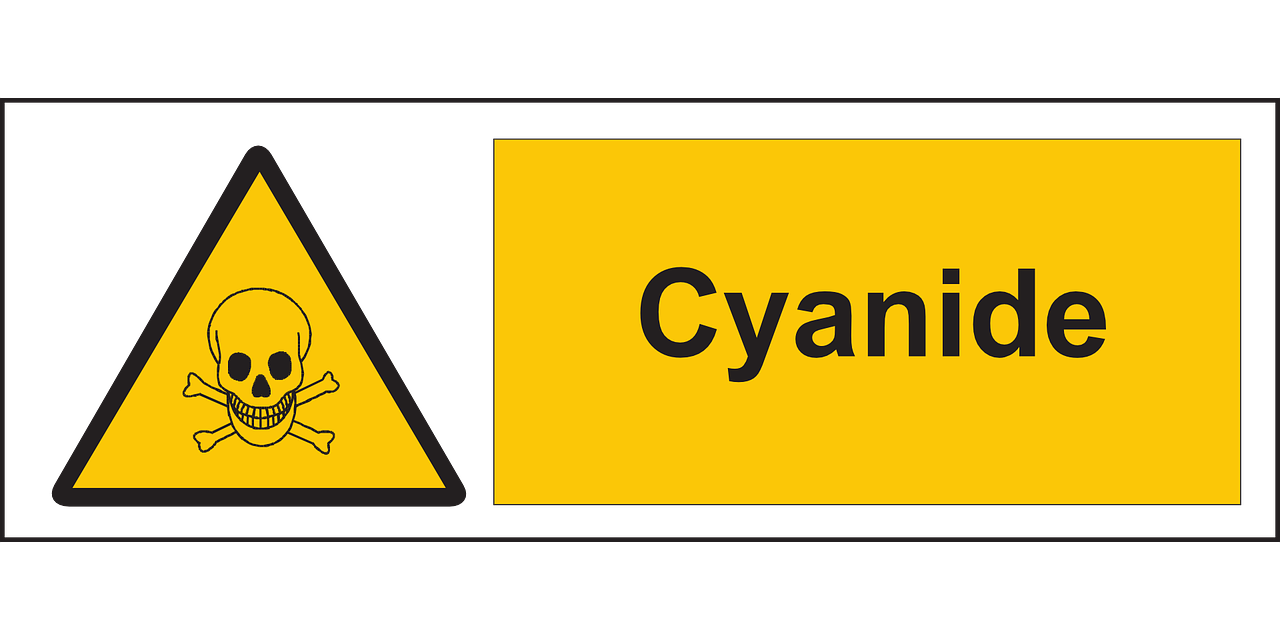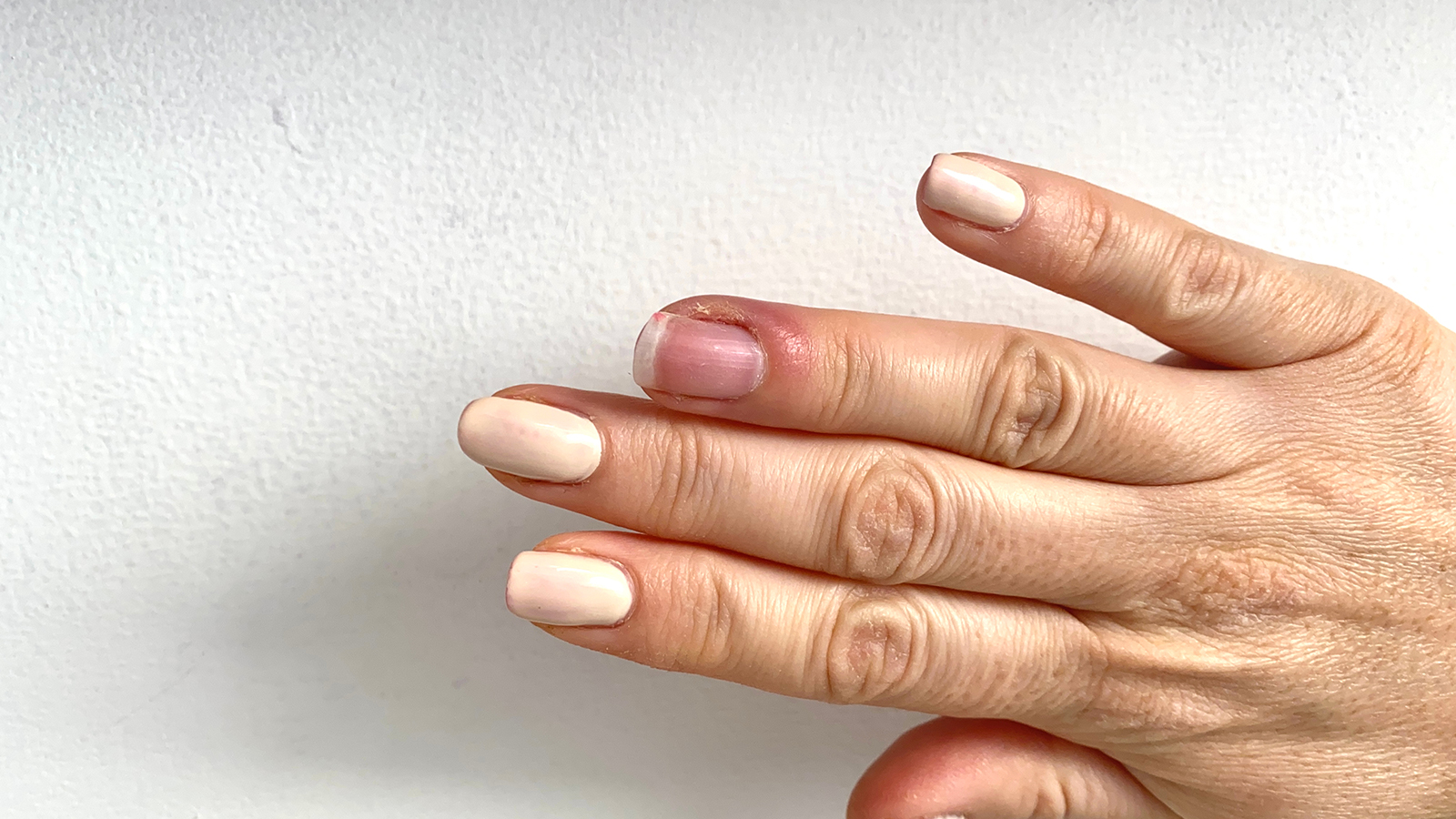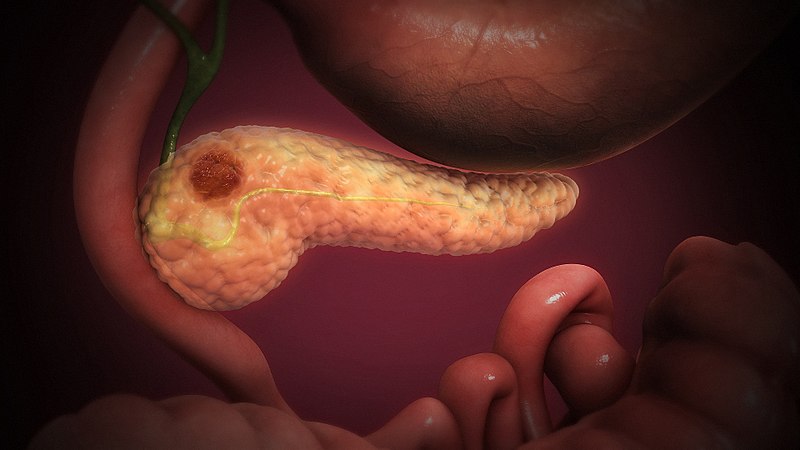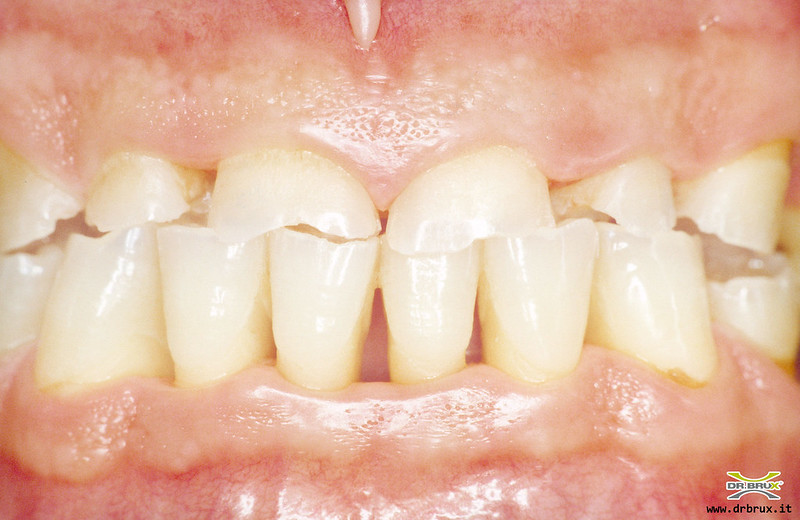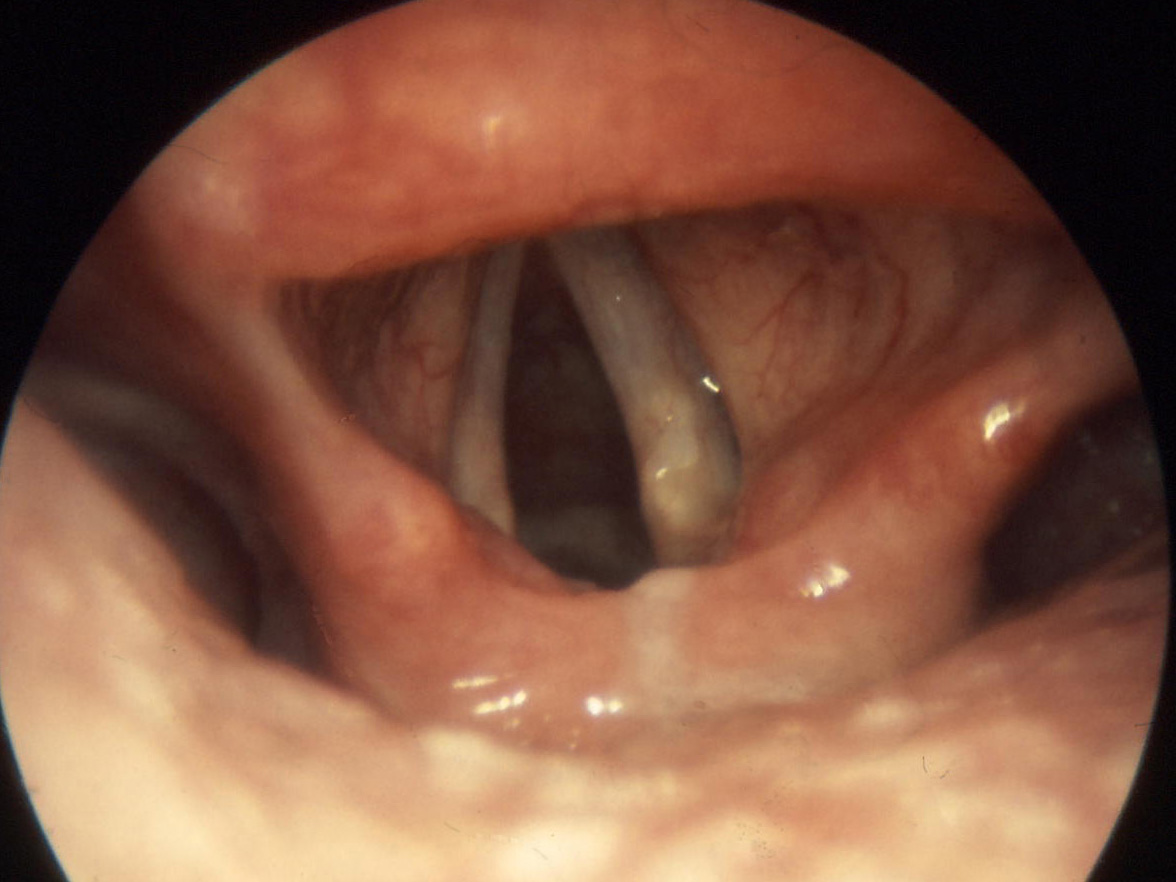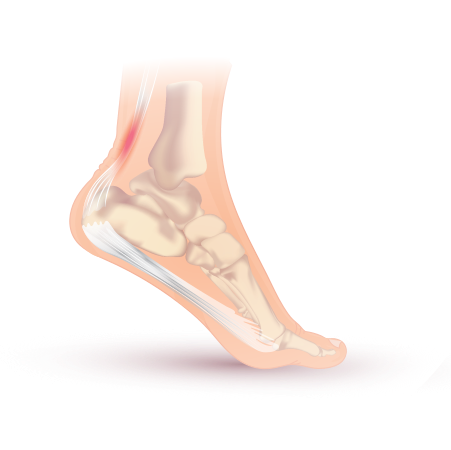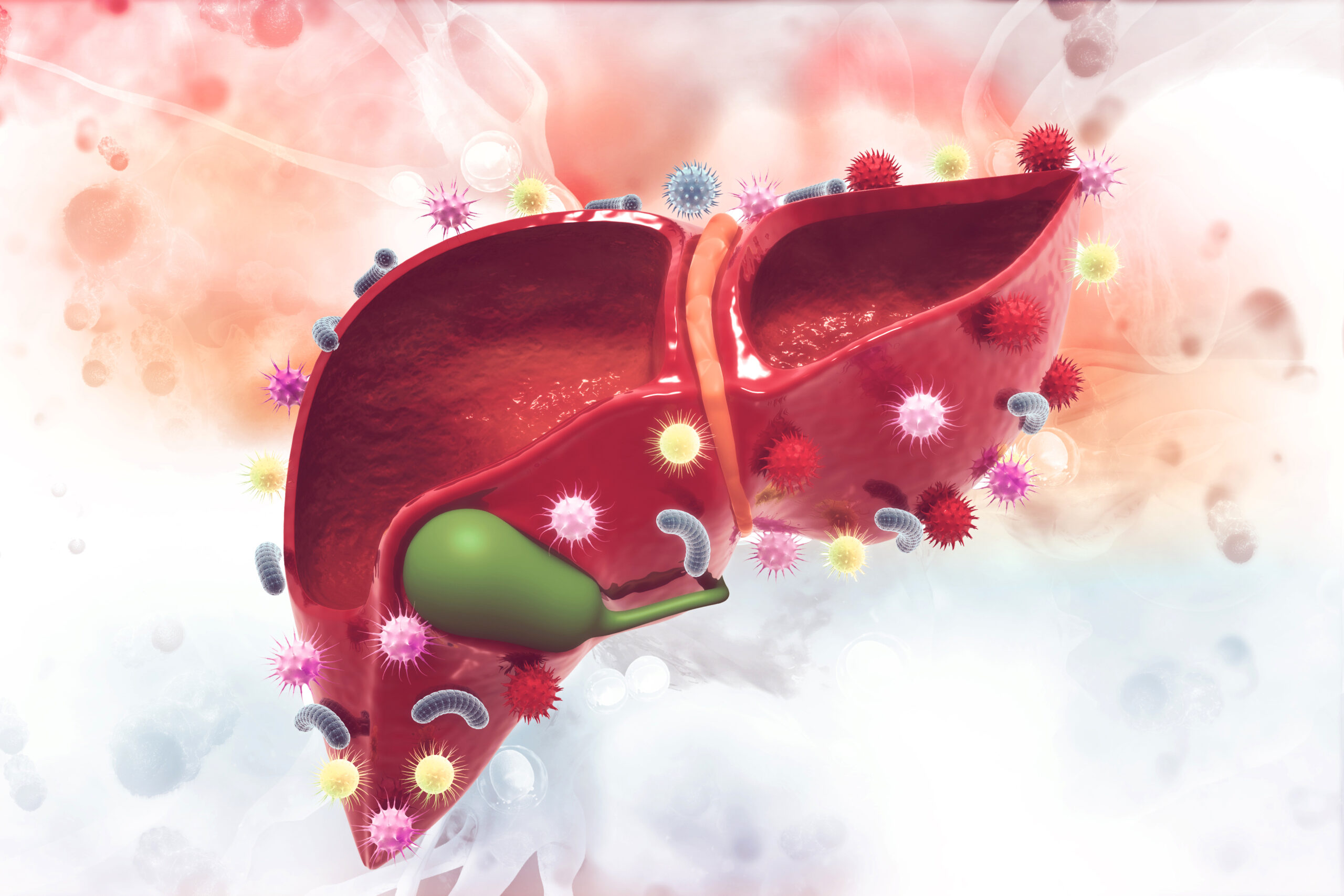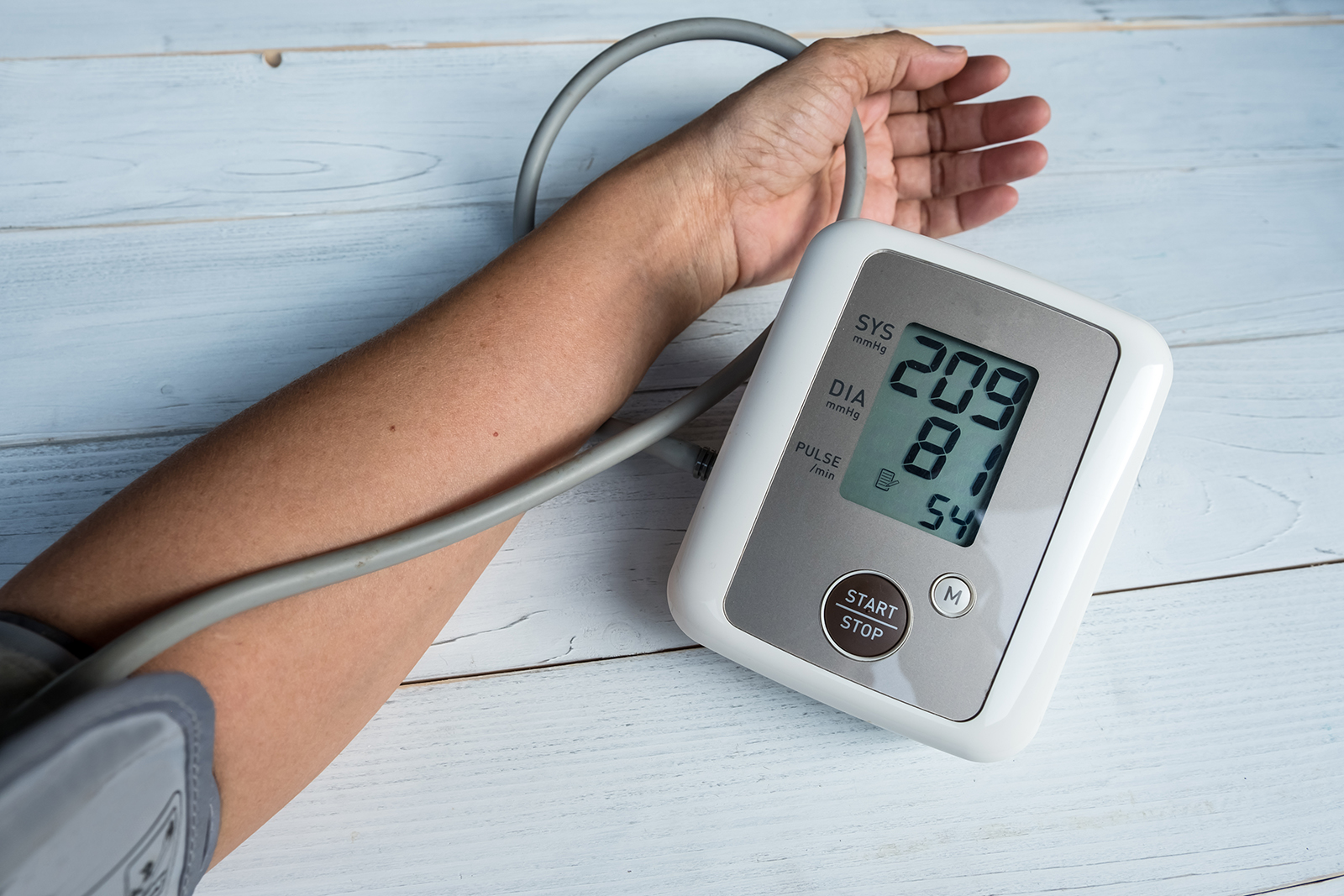Apparatus urinary
There is no good reason to stimulate profuse diuresis or to use diuretics, while treating the poisoned patient. Heavy metals are capable of damaging the kidneys , and in this case hemodialysis or peritoneal dialysis is a must. In addition, fluid balance should be performed for any poisoned patient and electrolyte balance should be monitored.
System nervous
Efforts to stimulate a comatose patient should always be avoided. If, however, the central nervous system is directly stimulated by the toxin and seizures occur, it is necessary to treat the patient with diazepan injections. If the epileptic state continues to persist, there will be a condition of disorientation and physical exhaustion, which can even lead to death.
Temperature
A significant thermal increase is a sign of infection; in fact, few poisons exhibit pyrogenic characteristics. At this point it is necessary to identify the infectious focus and begin treatment with antibiotic. Comatose individuals should have their rectal temperature measured with a thermometer capable of recording even lower temperatures before they are discovered. If the temperature is very low, it is necessary to warm the subject gradually, without exposing him or her to powerful heat sources.
Source: Roy Goulding’s Vademecum of Poisoning Therapy.




